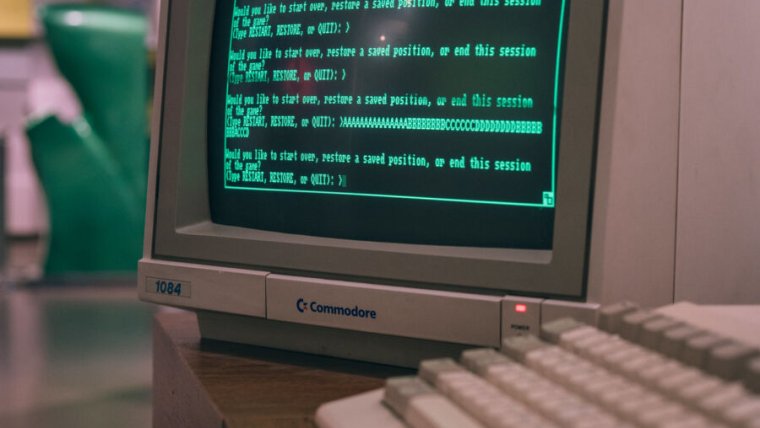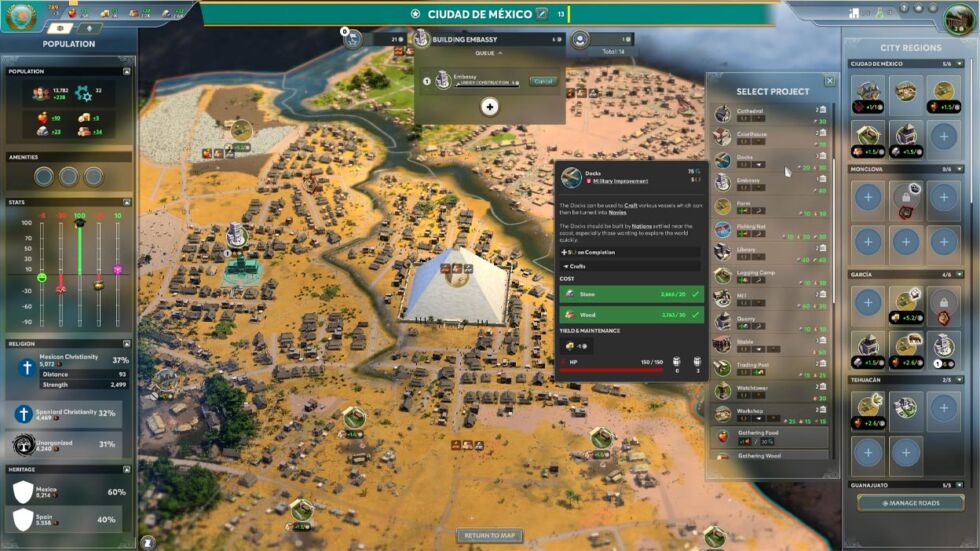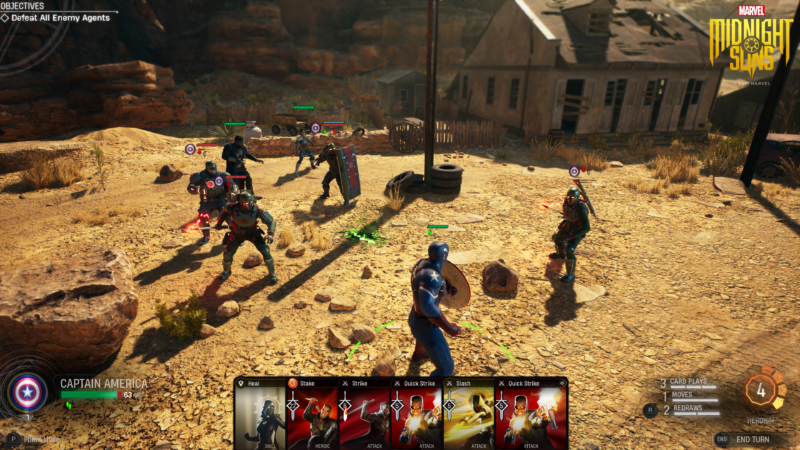Pokérogue is a free, browser-based fan-game that, well, reimagines Pokémon as a Roguelike. You start by picking up to three of the 27 "starter" pokémon from the existing main-series games, and then battle and catch your way through 200 levels of increasing difficulty. When your entire party faints, your run is over. Oh, but that makes it all sound so simple...
So yeah, there's a lot of nuance here. For instance:
• When you pick your starters, you have 10 points to spend on them, and all the original starters are worth 3 points each, so you'll probably just want to pick your preferred
Fire, Water and Grass options from among the 9 generations (and you don't need to stick to any one generation. Go Fuecoco/Mudkip/Venusaur if you want. Or if you just have no idea, since that's probably the safest option.)
• As you catch pokémon during a run, they are added to your pool of starter options for later runs, and may be worth more or less than 3 points during your starter selection process. At this point, you might decide to go outside of the Fire/Water/Grass core. More on this below. But the point is that it's worth your while to catch pokémon even if you don't plan on using them, both because that grants you more experience than fainting them (and experience is absolutely the most important thing here) and because it opens up more options for future runs.
• Pokémon generally have the same abilities, movesets, and stats as in the official games. It's possible that you can hatch special pokémon from eggs which will have different moves, but I'm not sure about that as it hasn't happened for me yet. Some abilities are practically useless (
Plus and
Minus, for instance) and will have little to no effect at all. A few rare ones are actively hindering (
Truant being the most notable example, but also
Slow Start and a few others.) Most are pretty variable, and a few are devastatingly good - if you catch a pokémon with
Intimidate or
Huge Power or
Regenerator, remember it, as it will keep that ability in future runs.
• At the end of each battle, you have a selection of things you can purchase (at no limit, though the prices increase as you purchase them, and those increases persist throughout the run) such as potions and revives. You also get a selection of three free reward items, but you can only pick one, and as soon as you select it, it's onto the next stage, so if you want to heal up a team member, make sure to do so before picking up your reward, because...
• Damage persists between battles as well. You get a free party heal every ten levels (as you move into a new "area") but otherwise it's on you to keep your party healthy. Interestingly, while stat changes are still reset whenever you switch a party member out, they persist between battles with wild pokémon (most of the battles) as long as you keep the same party member in the lead. So keep that in mind both for if your lead 'mon's stats have been dropped by an opponent, or if you've raised them yourself.
• For those truly new to all of this, it's worth noting that a pokémon's
type matters a lot, both offensively and - especially - defensively. Each pokémon has 1 or 2 types. Moves of one type will do either x1, x2, x.5 or x0 damage to a defending pokémon depending on the depending pokémon's type(s). Since most pokémon are dual type, this multiplicative factor is calculated twice, so for instance a Bug/Grass type pokémon, whose types are both weak to Fire, would take 4x damage from a Fire-type move. Meanwhile a Water/Rock type would take .25x damage from a Fire-type attack. A weakness on one side and resistance on the other will cancel each other out, and if either type is immune to a certain kind of damage, you'll take zero damage from it even if your other type is weak to it. The
type chart is a mix of intuitive and not-so-intuitive.
This video aims to help.
• It's a
move's type that matters for that, though, and not the type of the pokémon using it. Where a pokémon's type matters offensively is in what's called "
Same
Type
Attack
Bonus," or STAB. Basically, this gives damaging moves a 1.5x damage multiplier if the user shares a type with the move itself. Which is great! But it's also nice to have "coverage" moves outside of your type to handle your weaknesses when you can, because...
• Switching out one team member for another one costs a turn, unless your pokémon currently battling knows one of a few select moves that switch them out as a bonus effect of the move. The most notable of these are
U-Turn,
Volt Switch,
Parting Shot and
Flip Turn. If you get a chance to learn one or more of these, I highly suggest it.
Baton Pass switches you out while passing on any stat changes to whoever replaces you, but that's a double-edged sword, and especially in the early game here, opponents are far more likely to be lowering your stats than you are to be raising them.
• Many (most?) pokémon can evolve, and most evolutions happen by leveling up to a certain point, which will happen naturally as your team gets experience. Some require items, which will likely show up in the reward screen if they apply to any members of your party. Some require "friendship," which can take forever, so if you've got one of those dudes on your team, pick up the soothe bell and give it to them once you've got the opportunity. Some require trading them in the original games, but in this game (which has no trading mechanic) you can use the "link cable" item. If you're unsure if or how a pokémon evolves, you can easily look it up on
Bulbapedia, where the explanation should be in the top paragraph.
• "Egg Vouchers" will eventually show up in reward screens, and these are worth grabbing when you can. Eventually, you'll get to redeem them in an egg gachapon machine, and then if you continue through your run for long enough for the egg to hatch, you can get something much rarer than you might otherwise encounter at that level. This is the easiest way to add Legendary pokémon to your starter options.
• Once you've got some options, it might be beneficial to go outside of the Fire/Water/Grass core for your starters. For instance, on my first run, I lost at level 8 (the first battle against your rival.) On my second, I caught a Meowth with the
technician ability and the move
Fake Out. This is now my primary starter, since it makes the early game so, so much easier. It's a normal type, which isn't good defensively
or offensively, but the ability gives it a bonus to any moves of 60 base power or less, on top of its STAB, and Fake-out is a 40-base-power move that goes first and makes the opponent flinch (but can only be used on the first turn out on the field.) With Technician and STAB, that becomes 90 base power, which means that Meowth can single-handedly get me out of a lot of tight situations.
• This game is much harder than you might expect it to be, but like most good roguelikes, it encourages experimentation and creativity.
Here's a video of a player much better than I making his way through it and giving helpful tips.




 Aaron Sterritt walks out of court. Source: Belfast Telegraph[/caption]
The first company targeted by the gang was Flowplay Inc., who had 75 million online gamers across the world in 2016, according to a
Aaron Sterritt walks out of court. Source: Belfast Telegraph[/caption]
The first company targeted by the gang was Flowplay Inc., who had 75 million online gamers across the world in 2016, according to a 
 Impersonating domain 'paris24tickets[.]com' (Source: archive.org)[/caption]
[caption id="attachment_77365" align="alignnone" width="2800"]
Impersonating domain 'paris24tickets[.]com' (Source: archive.org)[/caption]
[caption id="attachment_77365" align="alignnone" width="2800"] Official Olympics Ticketing Site (Source: https://tickets.paris2024.org)[/caption]
The researchers noticed that in some cases, the scammers even sent emails promising "discounts" on coveted tickets to victims. This tactic was likely done to lure unsuspecting individuals, who may have been desperate to secure tickets at lower costs.
Victims who have provided their personal or financial information on the fraudulent website
Official Olympics Ticketing Site (Source: https://tickets.paris2024.org)[/caption]
The researchers noticed that in some cases, the scammers even sent emails promising "discounts" on coveted tickets to victims. This tactic was likely done to lure unsuspecting individuals, who may have been desperate to secure tickets at lower costs.
Victims who have provided their personal or financial information on the fraudulent website  Source: Shutterstock[/caption]
200 French gendarmes had been mobilized as a distinct unit to monitor the
Source: Shutterstock[/caption]
200 French gendarmes had been mobilized as a distinct unit to monitor the 



